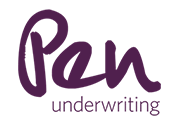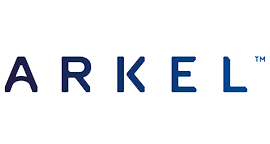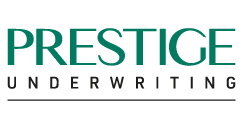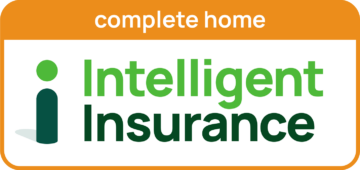Do I need building insurance if I rent?
Rental Insurance Overview
If you’re renting a property, the responsibility for insuring the structure of the building typically falls on the landlord. As a tenant, you are generally not required to obtain building insurance for the actual structure of the property.
Personal Contents Coverage
Your focus as a renter should be on protecting your own belongings within the rented space. While the structure is the landlord’s concern, it’s crucial for tenants to consider contents insurance. This coverage safeguards your personal possessions, including furniture, electronics, and valuables, against risks like theft, fire, or other covered events.
Landlord’s Responsibility
The landlord’s insurance, known as landlord insurance or buildings insurance, is designed to cover the structure itself. This includes protection for the building’s foundation, walls, roof, floors, doors, and windows. It is the landlord’s responsibility to secure this coverage to handle potential structural damage or repairs.
Peace of Mind for Tenants
Understanding the division of insurance responsibilities between landlords and tenants is essential for renting with peace of mind. While your landlord ensures the building’s structural protection, you can focus on safeguarding your personal possessions with contents insurance tailored to your needs.
Clarifying Responsibilities
Ensuring clarity on insurance responsibilities at the beginning of a tenancy helps both landlords and tenants fulfil their respective obligations. It’s advisable for tenants to communicate with their landlords to confirm the property’s insurance coverage and, if needed, obtain contents insurance for their personal items.
Summary
By understanding the insurance dynamics in a rental arrangement, tenants can make informed decisions to secure the appropriate coverage for their specific needs, ensuring a well-rounded approach to protecting their living space.






